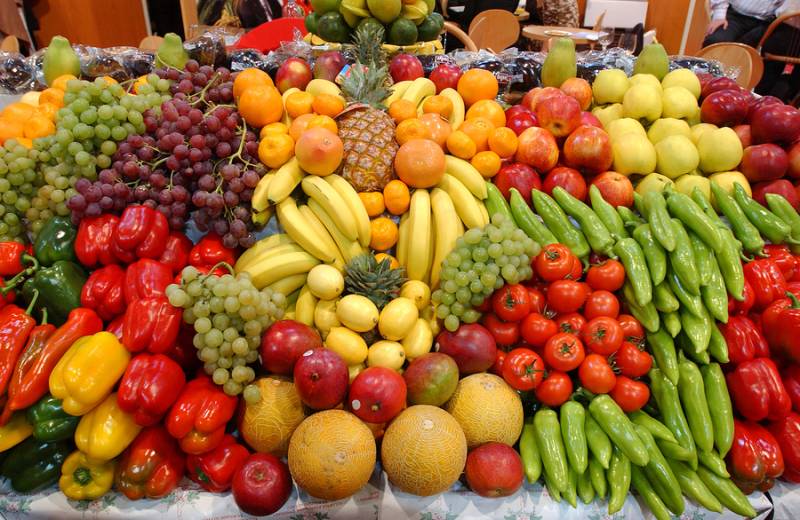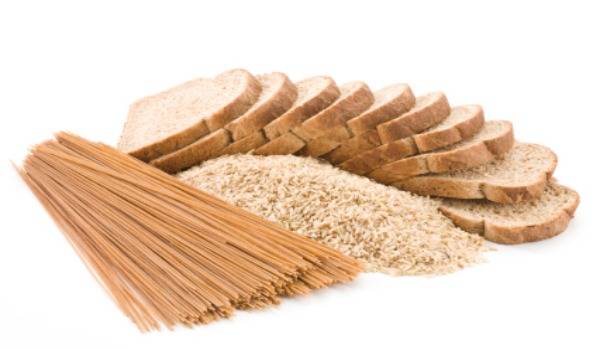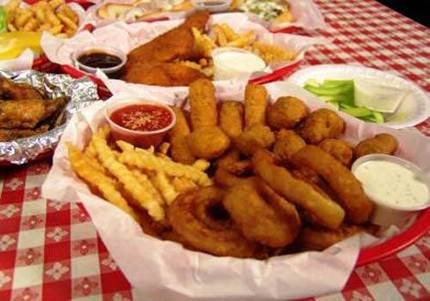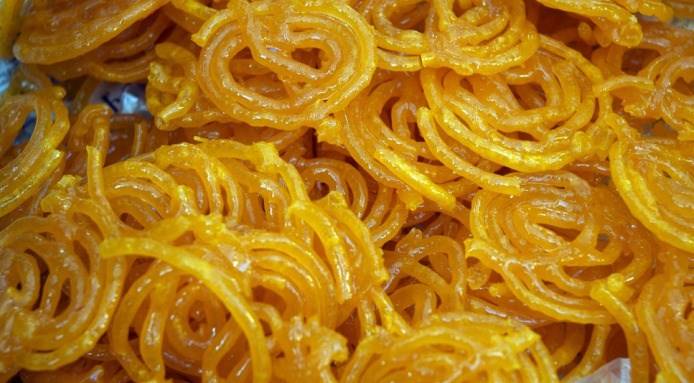Lahore (Web Desk): The long hours of fasting during the days of summer can make it very difficult for the people to maintain their proper diet and to hydrate their selves well.
Ramadan has fallen in weather that was significantly warmer than in previous years and days when the fast was much longer. That means extra preparation and knowing what to eat during non-fasting hours is essential to good health and endurance during the entire month.
Here we have some very beneficial tips for your fasting routine.
Eat real food, avoid junk foods
It seems very easy to consume processed food (Ready to eat) or junk food, but they’re usually filled with unhealthy things like high-fructose corn syrup, MSG (to enhance flavor), lots of sodium and the wrong heart-clogging oils while junk foods like chips, candies, and more are basically void of nutrients.
Instead, you might eat salads including fruit salads and cream salads, fresh juices, smoothies and shakes, home-made food, or you can also eat raw fruits in Sehri or Iftar time.

In Sehri, Yogurt or Dahi can give you all the nutrients you are going to be in need for the whole day long. It keeps your body hydrated for almost all day.
On the other hand, by skipping Sehri you actually force your body to rely on the last meal consumed and are more likely to experience dehydration, headaches and weariness. Moreover, it is extremely healthy to have a nutrient intense meal at Sehri to maintain energy levels.
Avoid white rice and bread
Try to avoid eating rice and white breads in Sehri and Iftari.
White breads are made from white flour, which is processed and stripped of the nutrition that should be in bread and the same goes for rice and even the type of sugar you use.
Instead, choose breads from whole grains and organic brown rice (even basmati).

Use hydrating foods
People are slowly being dehydrated while fasting in summer, so once we break our fast and during the non-fasting period we need to have foods that put water into our body.
Though watermelon or squash are super-hydrating foods, but it can be difficult to eat a lot of fruit. So, you can make juices out of the fruits and soups out of the vegetables to give your body the additional water it needs.


Consider limiting coffee and tea which are very dehydrating to the body, to about half of what you normally drink.
Avoid fried & sugary foods
Samosas and pakoras in Iftar is a very old tradition in Asian countries like Pakistan and Bangladesh but fried foods are heavy in oil and that makes them harder to digest, especially when they’re the first foods to be eaten after a long fast.

Try to hold off on as many desserts as possible to avoid any sugar crashes later in the day. If you must have something sweet, make it natural, use real honey or natural raw cane sugar (turbinado) in your recipes, or eat fruits that are a bit more on the sweet side to satisfy the craving naturally.



